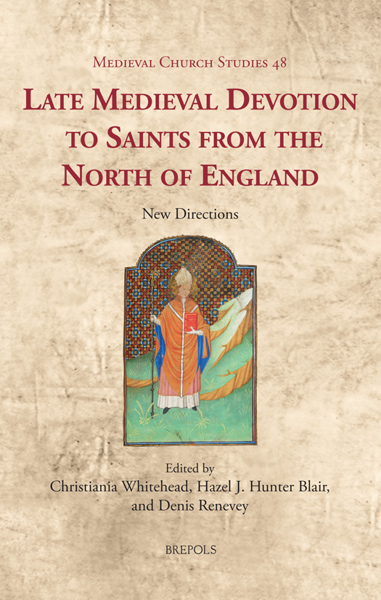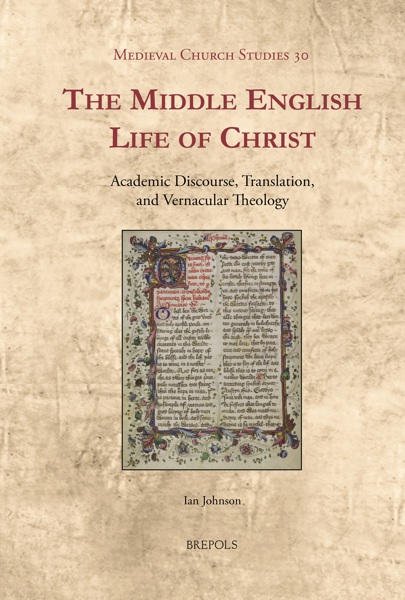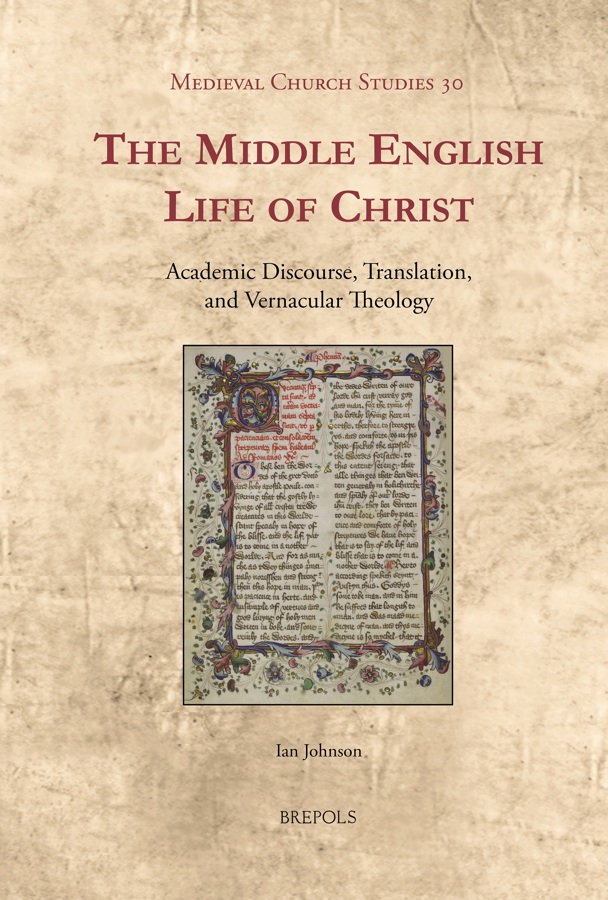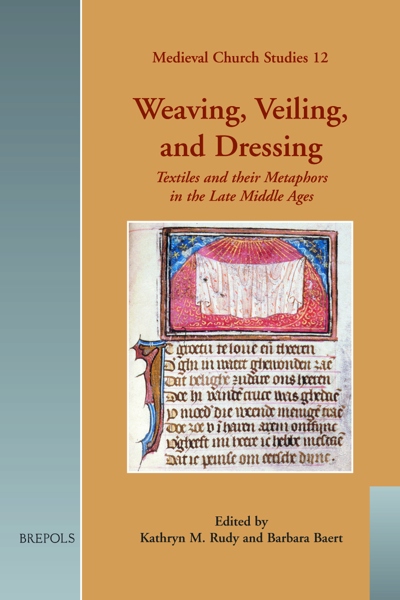
The Middle English Life of Christ
Academic Discourse, Translation, and Vernacular Theology
Ian Johnson
- Pages: 195 p.
- Size:156 x 234 mm
- Language(s):English
- Publication Year:2013
- € 85,00 EXCL. VAT RETAIL PRICE
- ISBN: 978-2-503-54748-0
- Hardback
- Available
- € 85,00 EXCL. VAT RETAIL PRICE
- ISBN: 978-2-503-57229-1
- E-book
- Available
This book tells how Middle English lives of Christ translated Latin literary theory and texts, challenging the common modern supposition that vernacular texts and vernacular theology were at odds with Latinate clerical culture.
" (...) this book situates itself most strongly amidst recent publications and projects that reassess Middle English Lives of Christ. (...) The Middle English Life of Christ is a valuable contribution to the literature on the lithe sophistication of fifteenth-century orthodoxies. It offers, in its minute attention to the broad implications of small linguistic changes, valuable examples of Middle English translation practice at work in a spiritually central body of work." (Cynthia Turner Camp, in: The Medieval Review, 15.05.16)
"The book is at its best where it is most specific about the sources of translations and the systematic changes that authors make. It serves as a productive reminder that lives of Christ should figure centrally in scholarship on theories of authorship in late-medieval England." (Michelle Karnes, in: Review of English Studies, 66.273, 2015, p. 166-168)
"This book contributes valuable support to the ongoing exploration of the interaction of languages and cultures of religious transmission in late-medieval England and makes a strong case for the relevance of lives of Christ as a genre deserving of detailed attention." (Claire M. Waters, in: Speculum 91/1, January 2016, p. 220-221)
“(…) the rationale that lies behind it is to be commended, and this enjoyable read will cater to scholars working on the genre of the life of Christ and academics thinking about strategies of translation in the vernacular alike.” (J. Vuille, dans le Bulletin Codicologique Scriptorium, 2, 2015)
« Cet ouvrage stimulant est augmenté d’une importante bibliographie et d’un index des noms, conformément au format de la collection. » (A. Noblesse-Rocher, dans Revue d’Histoire et de Philosophie Religieuses, 95/4, 2015, p. 493)
How much did Latin academic theoretical discourse inform mainstream late medieval English literature? Rather than asking this question of secular poetic fiction (Chaucer, Gower), this book investigates a more central genre, lives of Christ. Any adequate understanding of vernacular textuality, in an age when most literature was translation of some sort, cannot escape the question of the influence of theory on transactions and ideology of mainstream literary culture in negotiating authority. Where better to test this than the life of Christ?
Derived from the Gospels, this genre provided the set text for human existence. Too often, however, it has been regarded by modern scholarship as an infantilizing clerical sop to a laity deprived of Scripture and intellectual or contemplative ambition. Inquiry into the translating and the spirituality of Middle English lives of Christ yields, however, eloquent examples not of antagonism and rupture between Latin and vernacular but of productive compatibility. This challenges the common modern supposition that vernacular texts and vernacular theology are at odds with Latinate clerical culture, and restores the genre’s historic value. Like their dissenting counterparts, lives of Christ, as well as being of interest in their own right, invested in learned literary and theological norms in their textual transactions. Such reliance demands modern (re)consideration.
Chapter 1. Introduction: Medieval Translatio and Modern Controversy
Chapter 2. Medieval Literary Theoretical Discourse and Translation of Authority in Middle English Lives of Christ
Chapter 3. Translating Meditation for ‘Men & Women & Euery Age & Euery Dignite of this Worlde’: Nicholas Love’s Sovereign Ymaginacion
Chapter 4. ‘Increasing of Love’ in the Speculum devotorum: The ‘Grounde and the Weye to Alle Trewe Deuocyon’
Conclusion




